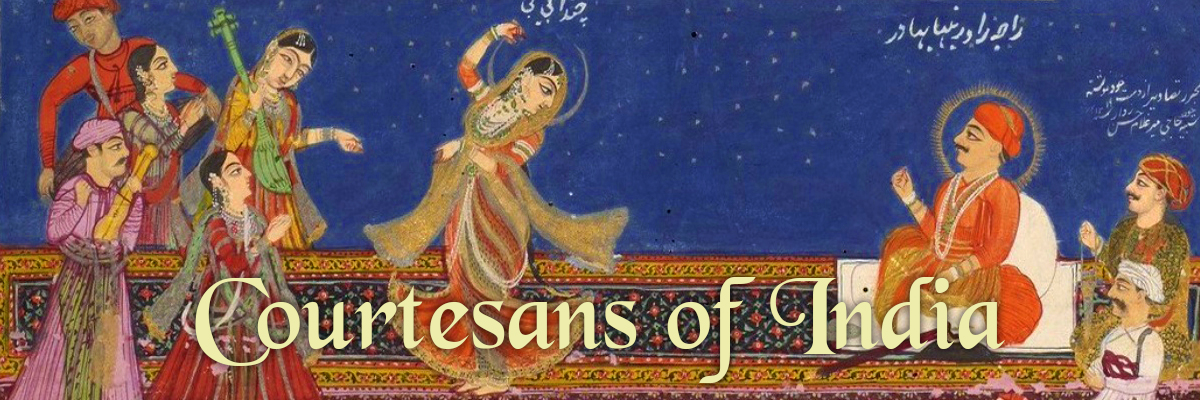In this famed courtesan movie, the protagonist Sahibjaan is born to a tawaif, Nargis, who was desperate to escape courtesan life but who was spurned by her lover’s family. Nargis dies in childbirth, and Sahibjaan’s aunt, Nawabjaan, raises Sahibjaan as a tawaif, where she learns to be an excellent and alluring singer and dancer. One night, an unknown poet leaves a poem at Sahibjaan’s feet while she sleeps. She does, eventually, meet him, and, stunned by her beauty and innocence, he renames her “Pakeezah”—meaning “pure”—and proposes to elope with her to take her away from courtesan life. But many painful trials await.
Questions to think about:
- What does Pakeezah’s purity indicate about the film’s “idea” of tawaifs? Can any tawaif be pure, or is Pakeezah exceptional?
- Can a tawaif be “forgiven” from the film’s perspective? Can a tawaif escape?
- What dimensions of sympathy does the film create for Pakeezah? Is the sympathy respectful? Paternalistic?
- Does the film imply tragedy is in store for all courtesans, or just Pakeezah? How culpable are courtesans in their fate?
